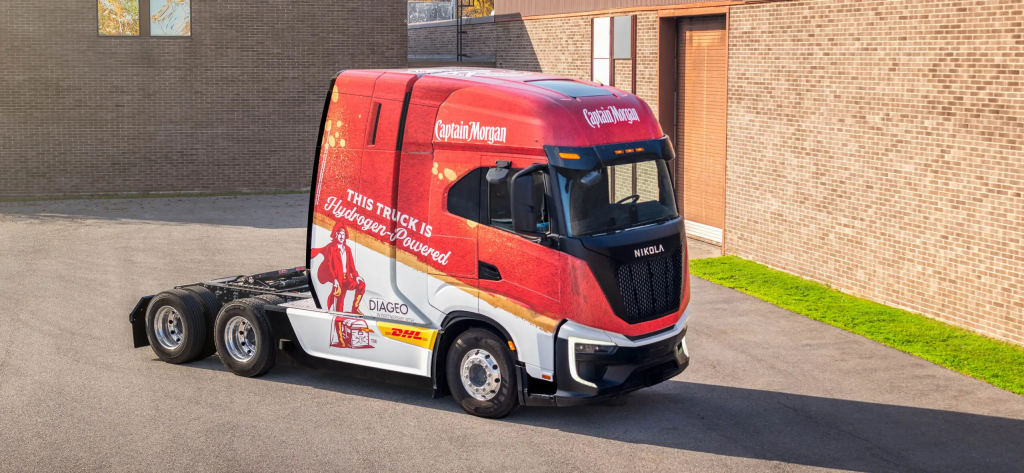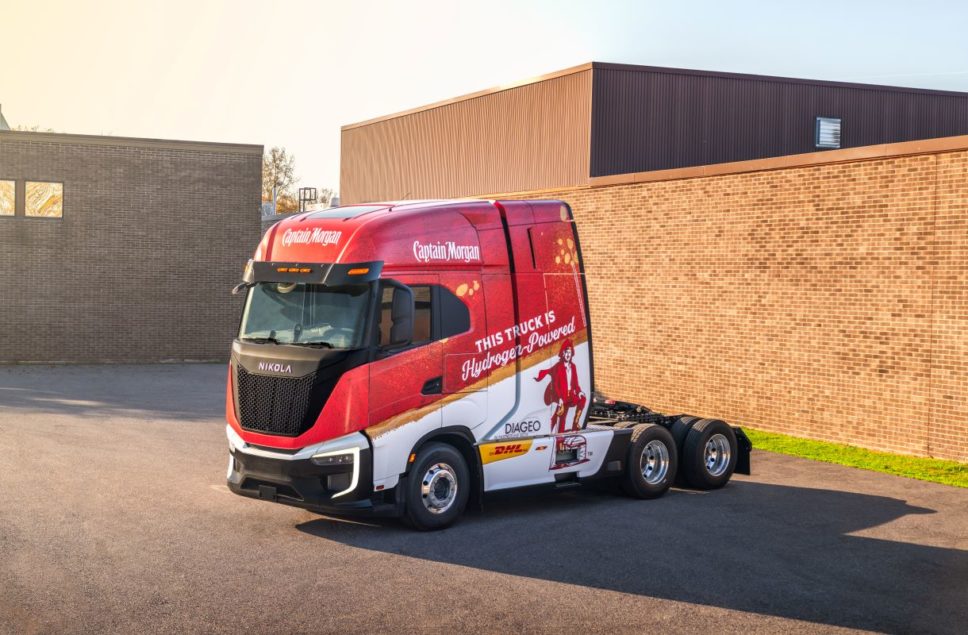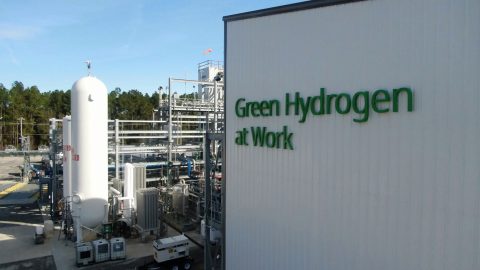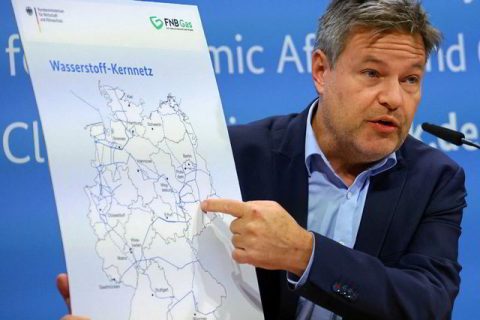DHL Supply Chain has partnered with Diageo North America to deploy hydrogen fuel cell trucks. The collaboration introduces two Nikola trucks for beverage distribution in Illinois. This partnership showcases the growing adoption of zero-emission solutions in heavy-duty logistics.

Strategic Implementation
DHL is introducing advanced hydrogen-powered Class 8 trucks for Diageo’s delivery operations. The trucks will operate exclusively from Diageo’s manufacturing hub in Plainfield, Illinois. A HYLA modular hydrogen refueling station has been installed on-site for efficient operations. These vehicles deliver impressive performance with a 500-mile range capacity. The trucks combine a 200kW fuel cell module with 164kWh batteries.
Advanced Technology Integration
The zero-emission trucks will transport premium spirits brands across North America. Smirnoff and Captain Morgan are among the key brands being transported by these vehicles. Each truck carries 70kg of hydrogen for optimal performance and range. The combination of fuel cell technology with battery power creates an efficient transportation system. This approach represents a major step forward in developing eco-friendly logistics solutions.
Environmental Impact and Operational Benefits
The new hydrogen fuel cell trucks offer several key advantages in daily operations:
- Zero carbon emissions during all operational activities
- Extended range capabilities that surpass traditional electric vehicles
- Significantly reduced refueling time compared to battery charging
- Minimal operational noise for urban deliveries
- Lower maintenance needs than conventional trucks

Industry Leadership Perspectives
Marsha McIntosh, President of North America Supply at Diageo, highlighted the significance of this initiative. “We’re bringing the first heavy-duty hydrogen trucks to Illinois,” McIntosh stated. The deployment marks a crucial milestone for sustainable transportation in the Midwest region.
DHL Supply Chain’s leadership emphasizes their commitment to environmental responsibility. Jim Monkmeyer, President of Transportation, shared their practical approach to emissions reduction. The company sees this deployment as a concrete step toward sustainable logistics operations.
Broader Industry Impact
Nikola’s hydrogen trucks are creating significant changes in commercial logistics operations:
- Walmart Canada has successfully integrated these trucks in Ontario
- Major beverage distributors are forming new partnerships
- Hydrogen refueling infrastructure continues to expand nationwide
- More logistics providers are showing interest in hydrogen technology
- Sustainable transportation solutions are becoming an industry standard
Future Implications
This partnership signals a major shift in logistics industry practices. DHL, Diageo, and Nikola are setting new standards for sustainable transportation. Their initiative provides a blueprint for companies seeking to reduce environmental impact. The deployment demonstrates the viability of hydrogen technology in daily operations. Other companies are expected to follow this sustainable transportation model.

Technical Specifications
Nikola’s hydrogen trucks offer impressive technical capabilities:
- Operational range reaches 500 miles per fueling
- Hydrogen fuel capacity stands at 70kg
- Fuel cell module delivers 200kW of power
- Battery system provides 164kWh of energy
- Advanced safety systems protect drivers and cargo
- Modern driver assistance features enhance operation
Conclusion
Nikola’s CEO Steve Girsky emphasizes the importance of collaboration in advancing zero-emissions transportation. The partnership proves that hydrogen technology works effectively in real-world logistics. This initiative demonstrates how companies can maintain efficiency while reducing environmental impact. More businesses are expected to adopt similar sustainable transportation solutions. The logistics industry continues to move toward a zero-emission future.
These advancements combine innovation with practical applications in daily operations. Companies across the sector are watching this deployment closely. The success of this program will influence future transportation decisions. Environmental responsibility is becoming a key factor in logistics planning. This project represents a significant milestone in sustainable transportation development.
Read More: California Approves First Carbon Capture and Storage Project













